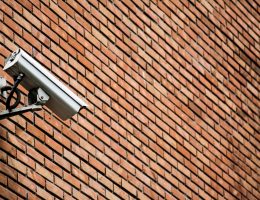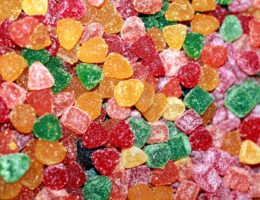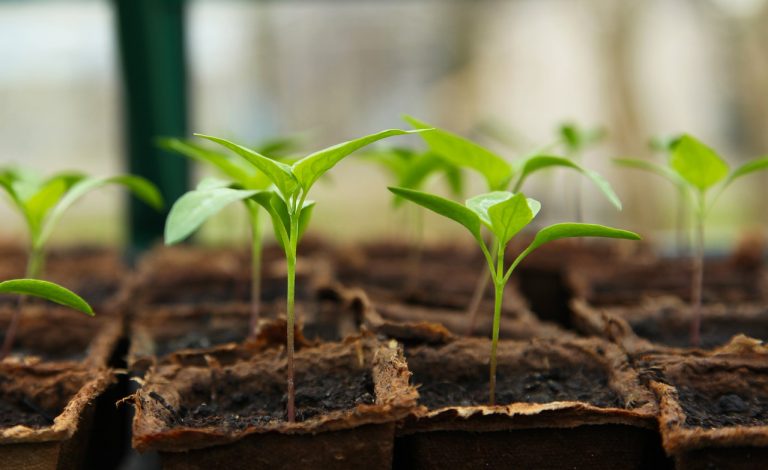Aquaponics is actually really just a combo of aquaculture, that keeps fish and other creatures. Aquaponics employs both at a combination by which plants have been fed with the creatures’ release or waste. Inturn, out the water which dates straight back into fish is cleaned by the veggies.
Together side their waste along with the fish, microbes play a major function in their plants’ nutrition. These bacteria accumulate in the distances between the origins of this plant also transforms the solids and also the fish waste to compounds the plants could use to cultivate. The outcome is the cooperation between gardening and aquaculture.
Aquaponics is an expectation for sustainable water, aquaculture, and crop production ingestion, aquaponics allow you to grow what you want, how you want, and in the healthiest way possible Rather than throwing it the fish waste is recycled and used. The water can be inserted into a closed system.
If your fascination is really on flame you’ll be able to unite them to get a garden and because you want to cultivate vegetables and fish, we advise that you assess our DIY Aquaponic Garden. You find out how it works out to you and are able to test out the system at the start.
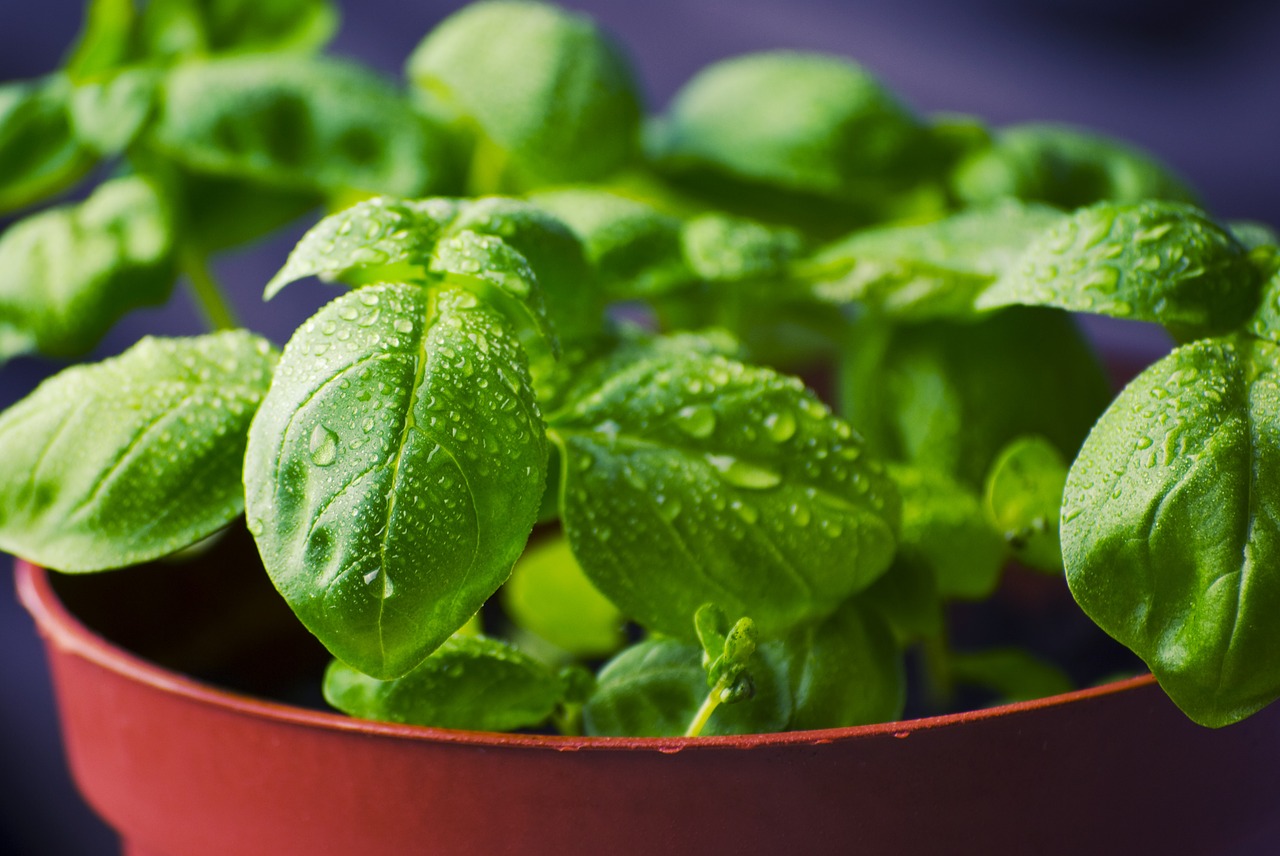 Keep reading to learn some hints relating to it kind of garden in addition to the advantages.
Keep reading to learn some hints relating to it kind of garden in addition to the advantages.
Different types of methods:
Since aquaponics uses precisely the very exact approaches as hydroponics, there are few differences in the way the strategy works, with the exception of the extra fish from the water tank(s). Flood irrigation and drain water or culture underwater roots, along with also film processes are flexible and harmonious to unite with fish.
Significance of pH management in aquaponics
PH is an equally significant part of aquaculture. Putting it can become somewhat confusing as there are the plants, your own fish just three surviving organisms to take care of, and also the bacteria within the household and they each have a pH need.
On account of the fish waste, the pH can be contaminated and you’ll want to use pH adjusters. The plants won’t be in a position to consume nutrition When the pH level isn’t favorable for the device that’s too low or too much along with also your fish will die. It’s quite essential to track the pH degree daily and also to keep it within the selection that is neutral.
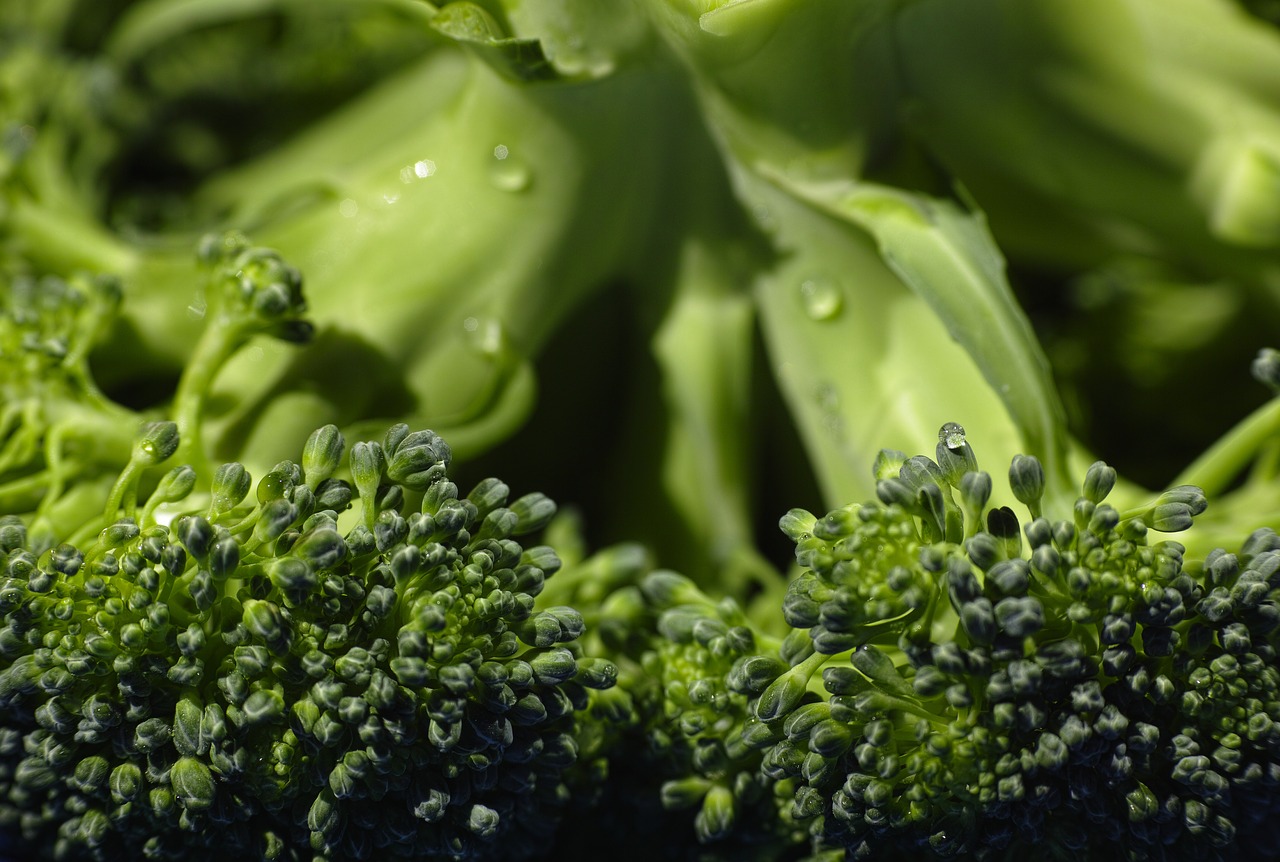 Koi are Fantastic for the Aquaponics platform
Koi are Fantastic for the Aquaponics platform
An acidic or alkaline pH is just one of the reasons plants or fish expire. Even the pH adjusters have to be designed for such a platform they can harm fish. These adjusters can be found by you at a gardening supplier that is aquaponic.
Since it affects pH will act when seeking to correct it Yet another thing is that your water hardness. Some times it could be vital to also look after the water hardness if working the pH. Fish do not like abrupt changes in pH, therefore when correcting it decide to take to reduce or raise it slowly.
Fish and other aquatic creatures you can develop in aquaponics:
Fish would be the people. The fish are freshwater fish being barramundi and tilapia only because they endure water requirements that are diverse that are better and so they grow. Trout may be used for water temperatures. Are shrimps and snails.
You may feed the fish food it is possible to buy such as duckweed along with plain water lettuce within foods or a creature shop.
What veggies you can increase in aquaponics:
Within a modest established garden, you may grow veggies which do not require nutrient enter. Spring onions, watercress, arugula flowers, peppermint, herbs, okras, lettuce, kale and leek, radishes, spinach, and other veggies that are tiny. Cauliflower berries, cucumbers, beans, broccoli, and cabbage may take also a well-stocked or higher-level program and nutrition. Growing plants that need water that is alkaline or acidic can harm fish.
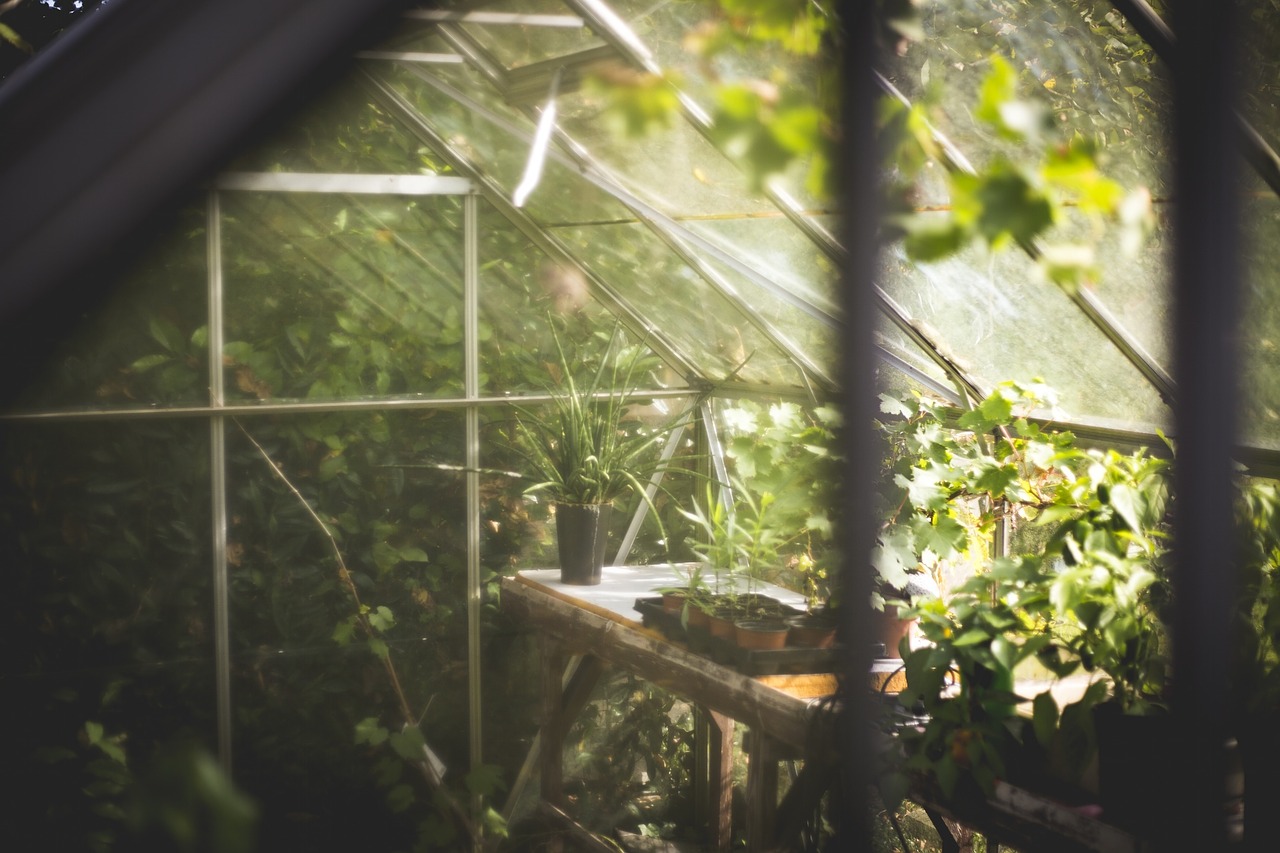 Great Things about aquaponics:
Great Things about aquaponics:
1) Aquaponics is an easy method to cultivate your fish and vegetables at precisely exactly the exact identical moment.
2) there isn’t any requirement to utilize fertilizers as the fish provide rich nutrients to plants. Studies have revealed that aquaponic gardens use 1/10th of this water you’d use for dirt garden.
4) Routine gardening dyes or other compounds can not be used since they’d harm fish.
5) This also leads to healthy and organic veggies.
6) You won’t experience any dirt borne diseases within aquaponics since there’s absolutely not any soil.
7) You are able to build plants in a very compact distance, also have an excellent harvest.
9) fish and algae production might be accomplished in a controlled temperature setting.
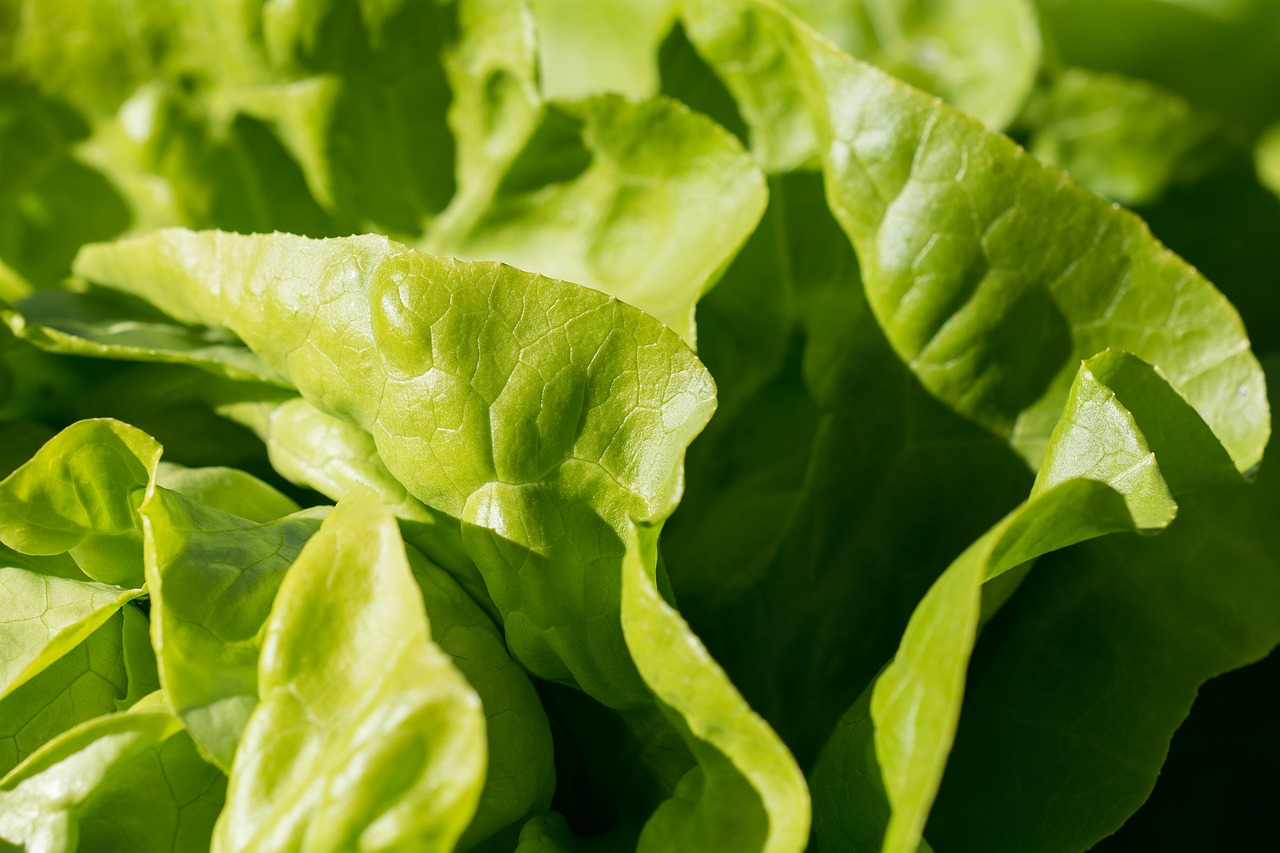 Guidelines in an aquaponic backyard setup:
Guidelines in an aquaponic backyard setup:
1) You are able to create your own personal aquaponics system and here’s just an easy and complete lead you’ll be able to use to create. Start small to see whether or not it’s very good for you to feel free to move larger.
2) have put another power source for being a backup. It’s crucial to maintain the water flowing and also the air pumps.
3) Make sure that you feed the fish and allow them to flourish. The depletion of fish stock creates such a farming hopeless.
4) Maintain food input for the fish and which is going to lead to routine fish waste you’ll be able to use to nourish your plants.
5) Make sure that your fish and plants together with great aeration. Maybe not just the plants want their own origins to become oxygenated, but in addition, the fish and the bacteria want the water to become empty. Whilst the fish grow bigger, their oxygen demands increase, and also you also may want to correct so.
6) If you select what plants that you would like to cultivate, decide on those which have similar water illness demands whilst the fish, and you’ll have greater success.
7) Eliminate some surplus fish waste if necessary. Too much may harm the overall health of the fish.
8) Maintain a watch out for the degree of pH as shown previously, it’s essential for the lawn.
9) fishtanks needs to be made from glass or plastic.
10) stay away from any pesticide apart from organic, or every other chemical that will and can harm the fish or perhaps even the great bacteria (vinegar, citric and/or lactic acid).

